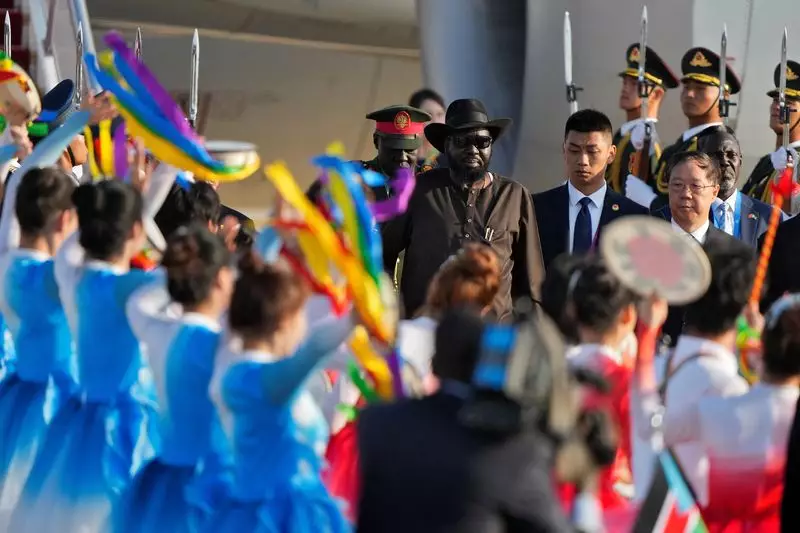In recent years, the dynamics of China’s financial engagement with African nations have undergone significant transformations. A report by Boston University’s Global Development Policy Centre revealed that in 2022, Chinese banks approved loans amounting to approximately $4.61 billion to various African countries. This marked a resurgence in financial commitments to the continent, showcasing the willingness of Chinese lenders to evolve their strategies amid changing global and local economic landscapes. This article delves into the historical context of Chinese lending, the recent shifts in focus, and the potential future implications of these financial relationships.
China’s foray into African lending began earnestly with the launch of the Belt and Road Initiative (BRI) in 2013. The initiative aimed to enhance infrastructure connectivity and economic integration across Asia and Africa. Between 2012 and 2018, Chinese financial institutions extended over $10 billion annually to the continent, fostering development in critical sectors such as energy, transportation, and information and communication technology (ICT). However, the situation changed dramatically post-2019, when lending declined sharply due to a combination of domestic pressures within China and growing debt burdens in recipient countries. The COVID-19 pandemic exacerbated these issues, leading to the suspension or halting of several key projects.
The increase in loans to African nations in 2022 is a pivotal indicator suggesting that China is recalibrating its approach. With a dramatic three-fold increase in 2023 compared to the previous year, Chinese lenders seem intent on regaining a foothold in Africa’s development narrative. This renewed activity signifies more than just financial transactions; it reflects a strategic reorientation aimed at establishing sustainable relationships with African economies.
Moreover, the report highlights that a significant portion of the loans was directed toward regional and national lenders, totaling approximately $2.59 billion. This shift indicates a risk mitigation strategy from Beijing, as they seek to minimize exposure to individual countries’ debt challenges. The choice to support financial institutions rather than direct government lending could foster a more stable lending environment in the long term.
A noteworthy trend emerging from the recent data is China’s targeted investment in renewable energy projects. Approximately ten percent of the 2023 loans were allocated to solar and hydropower undertakings, reflecting a strategic pivot away from coal-based projects toward sustainable energy solutions. This shift not only aligns with the global movement towards sustainability but also positions Chinese lenders as forward-thinking partners in Africa’s energy transition.
As climate concerns gain global prominence, China’s involvement in renewable projects could enhance its soft power in Africa, reshaping perceptions and opening new avenues for cooperation. Notably, such projects can address energy shortages while mitigating the negative environmental impacts associated with more conventional energy sources.
Despite the resurgence in lending, the complexity of China’s financial engagement with Africa suggests that both opportunities and challenges lie ahead. The continued engagement with countries like Nigeria and Angola, which are grappling with substantial debt, raises questions about the strategic sustainability of such partnerships. The capacity for real economic growth and development in these scenarios significantly depends on transparent governance and effective fiscal management.
The Global Development Policy Centre warns that while the increased lending figures are promising, the quality and effectiveness of partnerships will be critically important in determining the future landscape of Sino-African relations. Renewed investment in infrastructure and renewable energy must be coupled with responsible lending practices to ensure long-term benefits for all parties involved.
The increasing trend of Chinese lending to Africa signals a complex evolution of economic relationships that are ripe for careful navigation. The shift toward sustainable lending models, a focus on financial institutions, and investments in renewable energy demonstrate a willingness to adapt in response to both domestic and international pressures. As China continues to assert its influence in Africa, the upcoming Forum on China-Africa Cooperation will be a crucial platform for delineating future strategies and strengthening these multifaceted partnerships, ensuring they contribute positively to the continent’s development trajectory.

